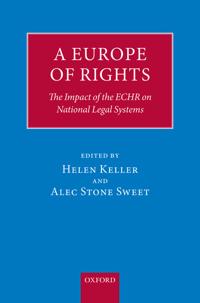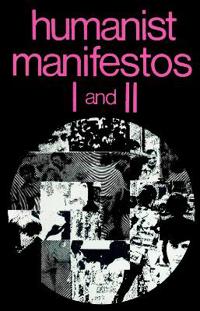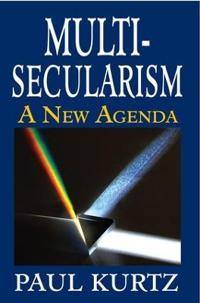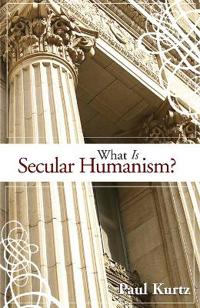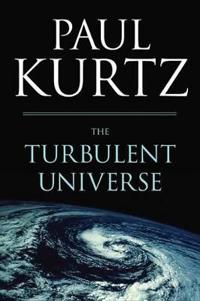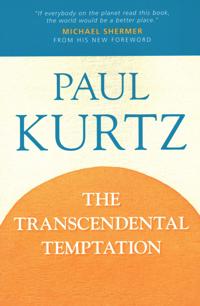A Europe of Rights (Inbunden)
avPaul Kurtz
ISBN: 9780199535262 - UTGIVEN: 200807The European Convention on Human Rights has evolved into a sophisticated legal system, whose formal reach into the domestic law and politics of the Contracting States is limited only by the ever-widening scope of the Convention itself, as determined by a transnational court. In this book, a team of[...]
Humanist Manifestos (Häftad)
avPaul Kurtz
ISBN: 9780879750312 - UTGIVEN: 1973-11Summarizes humanist views on the meaning of life, civil liberties, suicide, abortion, divorce, euthanasia, sexual freedom, ecological and economic planning, and the world community[...]
Multi-Secularism (Häftad)
avPaul Kurtz
ISBN: 9781412852777 - UTGIVEN: 2013-12The contemporary world is witness to an intense controversy about secularism. This controversy has intensified due to the presence of fundamentalism, which challenges secular society and the secularization of philosophical ideas and ethical values. Secularists maintain that the state should not impo[...]
What Is Secular Humanism? (Häftad)
avPaul Kurtz
ISBN: 9781591024996 - UTGIVEN: 2006-04Are there any ethical values and principles that non-religious individuals can live by? In a time when many have forsaken otherworldly religions, what does human life mean? What is its significance? Secular humanism attempts to answer these questions in a way that resonates with human aspirations an[...]
The Turbulent Universe (Inbunden)
avPaul Kurtz
ISBN: 9781616147358 - UTGIVEN: 201304This is an intelligent and inspired proposal for the development of a planetary ethics based on universal human rights and scientific wisdom. In a work that blends realism and optimism, philosopher Paul Kurtz (1925-2012) lays out the basic principles of an ethical approach that he calls humanist eup[...]
The Transcendental Temptation (Pocket)
avPaul Kurtz
ISBN: 9781616148270 - UTGIVEN: 2013-09A landmark work. Mandatory reading for anyone who wants to learn to be a good skeptic.
In this widely acclaimed and highly controversial book, Paul Kurtz examines the reasons why people accept supernatural and paranormal belief systems in spite of substantial evidence to the contrary. According [...]

